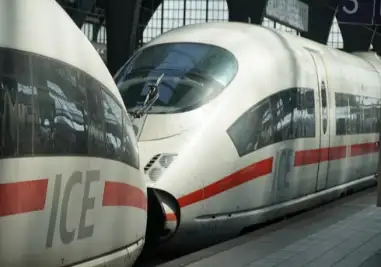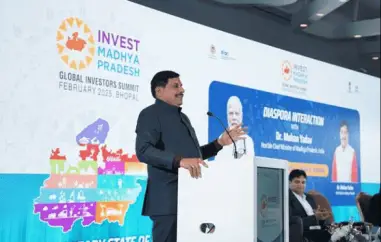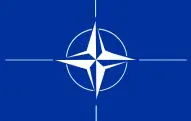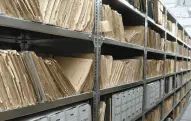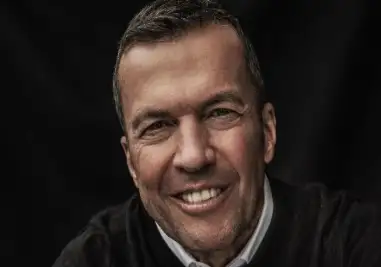Will Qatar step in if Russia turns off the gas?
There is still enough gas to get us through the rest of the winter, even if Russia turns off the gas tap in response to sanctions. This was the conclusion reached a few days ago by the industry association of storage companies in Germany. In Germany, 10 percent of electricity was generated from natural gas last year. 88.4 percent was imported, about half of it from Russia. Electricity generation from gas is considered an important bridging technology in the expansion of renewable energy supply. Despite this importance, German policymakers had relied heavily on Russia until now.
Unlike its neighboring countries, Germany does not even have its own LNG terminal, i.e. a loading station for liquefied natural gas. After years of stalled planning, this is now finally to be built in Stade in Lower Saxony. But the approval process alone is likely to take another one to one and a half years. German energy suppliers will therefore have to rely on other European terminals in the medium term.
But where are the volumes supposed to come from now? So far, 40 percent of Europe's natural gas imports have come from the country that invaded Ukraine early Thursday morning. Replacement supplies from Europe are hardly available. Norway is already producing at full capacity, and the Netherlands wants to stop production after earthquakes in the Groningen region. This winter, the United States in particular is stepping into the breach. Thanks to extensive shale gas production (fracking), the USA has risen to become the world's largest exporter of liquefied gas - and so far has also held the West together in terms of energy supply.
In February, Europe will be the most important delivery destination for U.S. gas for the third month in a row. Three-quarters of U.S. LNG volume crossed the Atlantic in January, doubling the volume supplied in the same month last year. But several members of Congress now favored cutting exports to address inflation at home.
That's one reason why U.S. President Joe Biden received Qatar's Emir Tamim bin Hamad al-Thani with much praise at the White House last month. The emirate was even declared an essential non-NATO ally of the United States. It is supposed to step in as an essential gas supplier for the European Union during the crisis.
But whether that can be done within a short time remains questionable. "So far, Europe has not been a stable market for LNG," explains Georg Zachmann of the think tank Bruegel, "Germany, for example, intends to get 80 percent of its electricity from renewables by 2030." But the Qataris, like the Americans, are interested in long-term purchase volumes, not in the role of stopgap, Zachmann says: "That's because of the high investment costs involved in extraction and conversion to LNG."
Liquefied gas is produced when natural gas is cooled to minus 162 degrees Celsius. In this state of aggregation, the substance takes up only one six-hundredth of its original volume - an important prerequisite for storage and transport on special tankers, whose limited availability is another bottleneck in short-term procurement. Around the turn of the year, some LNG ships destined for East Asia had already been diverted to Europe. Biden had also lobbied South Korea and Japan to do so. The core problem is that the vast majority of the volumes produced by Qatar have already been contracted, i.e. sold, not least to the increasingly energy-hungry China.
Europe has so far resisted long-term arrangements, and until this month the Commission's Competition Directorate was even investigating QatarEnergy - on suspicion that the state-owned company had made unauthorized arrangements with European buyers to pass on supplied gas.
This week, Qatar's ambassador to Germany said his country could help diversify energy sources. He promoted direct talks between Berlin and Doha. Natural gas-producing countries had met in the Qatari capital for a summit on Monday and Tuesday. Emir Tamim announced plans to increase production from 77 million to 126 million tons by 2027. "The crisis suits Qatar, as it does all Gulf producing countries," says Andreas Krieg of London's King's College, "They are increasing their market power and thus their political importance." Qatar's Energy Minister Saad bin Sharida al-Kaabi, however, was initially forced to disappoint European hopes for a one-stop solution. At the moment, he said, his country could only divert ten to 15 percent of the contracted supply volumes.
Photo by Lucca Belliboni


